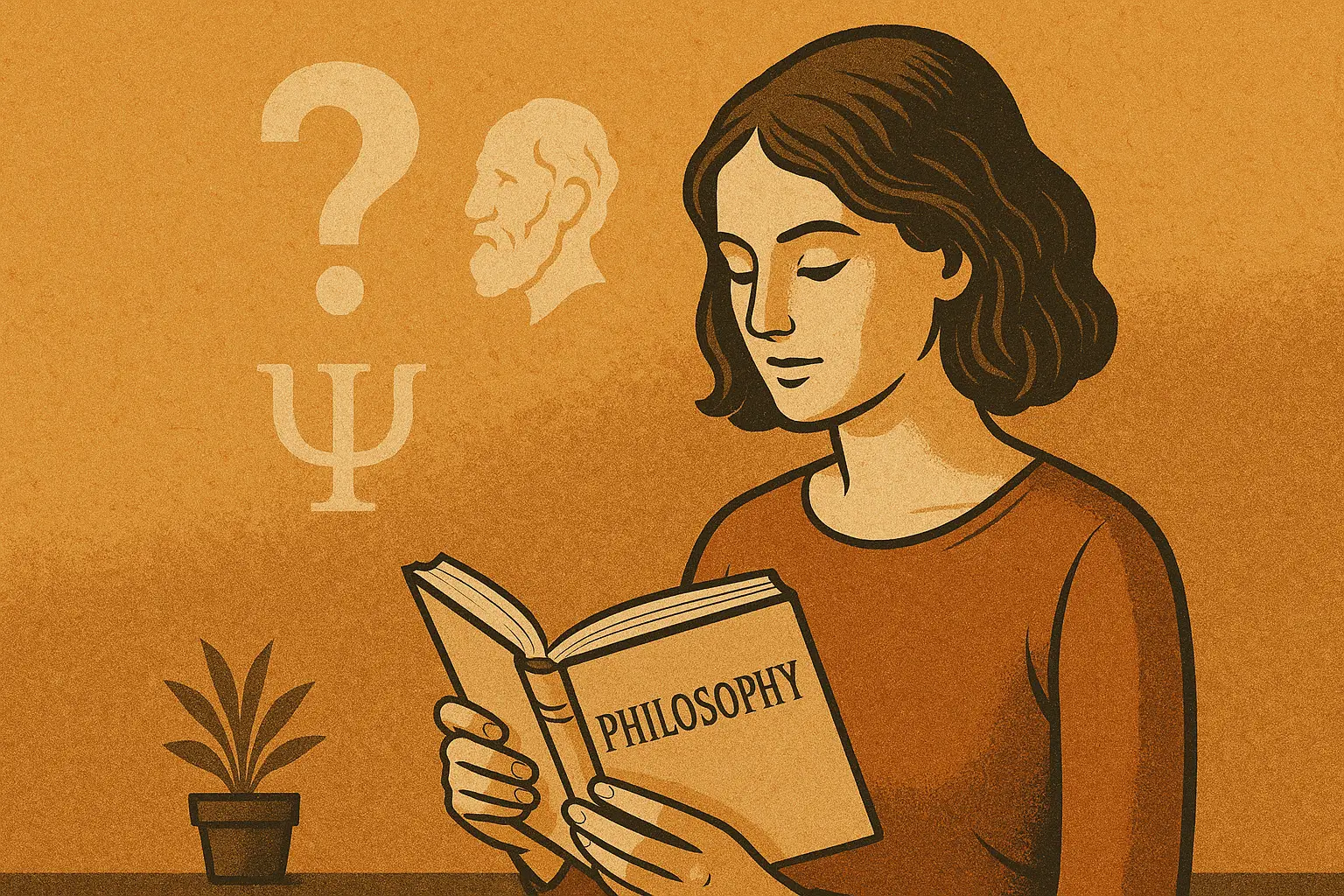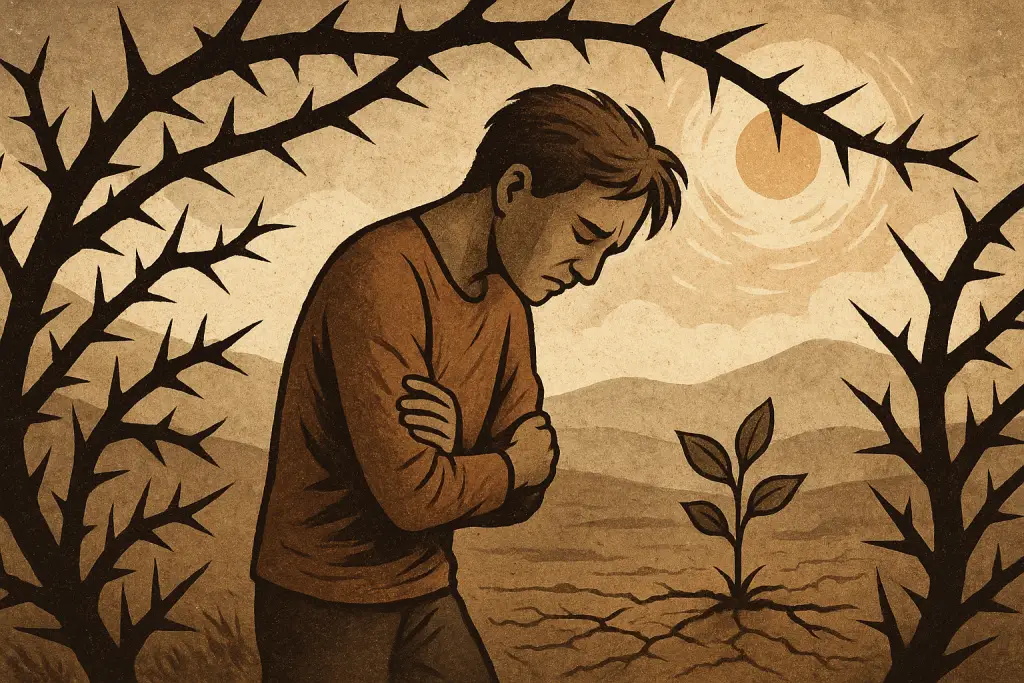The Unseen Threads: How Philosophy Interweaves with Everyday Life
As members of an intrinsically intellectual species, human beings are often found straddling the divide between abstraction and reality – one end veiled with profound and complex theories, while the other grounded in the tangible, palpable experiences of daily existence. At first glance, it appears that philosophical thought and everyday life stand as stark contrasts to each other. Philosophy is frequently seen as an ethereal maze, a labyrinth of complex concepts and abstract conjecture, genuinely beyond the grasp of many. On the contrary, everyday life with its quotidian tasks and habitual processes appears unequivocally straightforward and relatable. Yet, what many fail to realise is the intrinsic, if not evident, connection that intertwines these two seemingly disparate entities.
The Profundity of Philosophy in Daily Existence
In tracing the footprints of philosophy in our daily life, one discovers that it underpins the way we understand and interact with the universe around us. The rationale behind our thoughts, actions, responses, and choices – both trivial and momentous – are steeped in our personal philosophies, albeit unconsciously. It’s our philosophy, ingrained deep within our psyche, that offers context to our experiences, rendering them meaningful and purposeful.
Consider the incessant actions and decisions we ruminate on daily; they all subtly echo the philosophical constructs embedded within the folds of our thought process. Everything from choosing between right and wrong, deciding what should be privileged over what, and determining our moral standpoint on contentious issues, is fundamentally based on our internal philosophical compass. Thus, by providing a framework to decipher the world, philosophy empowers us to lead a life governed by an informed worldview rather than impulsive reactions.
Philosophy: A Tool for Tackling Existential Questions
A further facet of the seamless integration of philosophy within our lives can be seen in its capacity to confront and make sense of the essential, existential questions that plague human consciousness. We are born into a world replete with uncertainty, a universe constantly in flux, provoking us to ponder questions about our existence, mortality, purpose, reality, freedom, and truth.
When a loved one passes away, leading us into the realm of mortality and loss, it is our internal philosophical perspective that offers consolation, comprehension, and a way to make peace with the inevitable. While navigating the nuances of personal relationships and interactions, philosophy aids us in defining our values, rights, and duties, nurturing our emotional intelligence. Philosophy serves as an illuminating beacon, guiding us through the nebulous labyrinths of these existential dilemmas, offering clarity and courage to face life’s dilemmas head-on.
Philosophy: A Gateway to Constructing an Informed Worldview
The beauty of philosophy does not merely confine itself to making sense of our experiential reality or investigating existential mysteries. It extends further by furnishing us with the blueprint for constructing an informed, dynamic, and profound worldview. Through ceaseless scrutiny, analysis, and contemplation, philosophy challenges our preconceived notions, biases, and blind spots. In doing so, it incites constructive introspection, propelling us to reshape, refine, and enrich our perspective continually.
In essence, through philosophy, we learn to evaluate the principles we choose to uphold, critique the societal systems we are embedded within, question the ethics around us, and elucidate the concepts that seem unfathomable. It propels us to engage critically with our reality, thereby assisting us in formulating a broadened outlook that can enhance our interpretations, decisions, and actions.
Conclusion
Though the winding avenues of philosophy might seem intimidatingly abstract and the realm of the everyday might appear proudly pedestrian, the connection between these two spheres of conception is profound. What we perceive as the concrete reality of our lives is, in fact, a manifestation of the abstract philosophical principles we uphold—our worldview, our choices, our actions all bear the imprint of our philosophical constructs.
As we journey through life, philosophy shadows us, quietly lending depth, clarity, and meaning to our experiences and interactions. Therein lies the immense value of philosophy – not as a lofty discipline residing in the ivory towers of intellectual debate, but as a close companion woven into the fabric of our daily existence, serving as both a guide and beacon as we navigate our life’s journey. Therefore, embracing philosophy does not necessitate retreat into academic seclusion; instead, it invites a more profound engagement with the world, a heightened appreciation of life’s intricate web, and ultimately, a richer, more nuanced existence.



